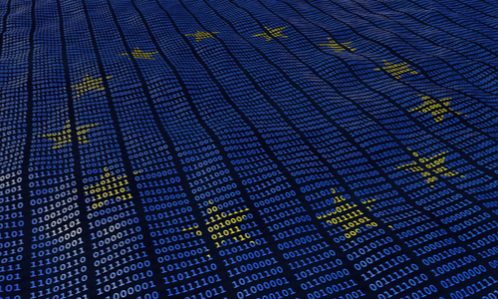By Alexandre de Streel (University of Namur) & Pierre Larouche (Université de Montréal)
The last three years have seen a legislative acceleration in tech regulation in Europe and in December 2020, the European Commission tabled a very significant Digital Markets Act (DMA) proposal to increase market contestability and fairness in the digital economy. This paper aims to decipher those policy choices, and show that they are often in line with EU regulatory tradition. At the same time, we will propose improvements to better reap the benefits (or minimize the downsides) of those policy choices. The main points made in the paper are the following.
First, the proposed DMA is a lost child of competition law and sits in a difficult epistemological position. On the one hand, it does not rest on a set of reasonably well articulated policy goals from which concrete implementation measures can be deducted, as is the case with most sector-specific regulation. On the other hand, it does not either benefit from experience and practice in individual cases, as is the case with most competition law instruments.

